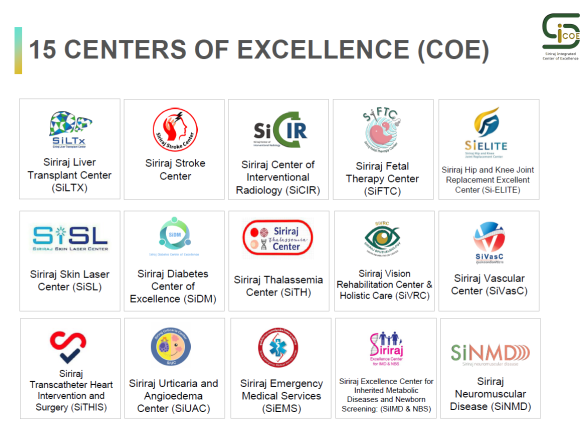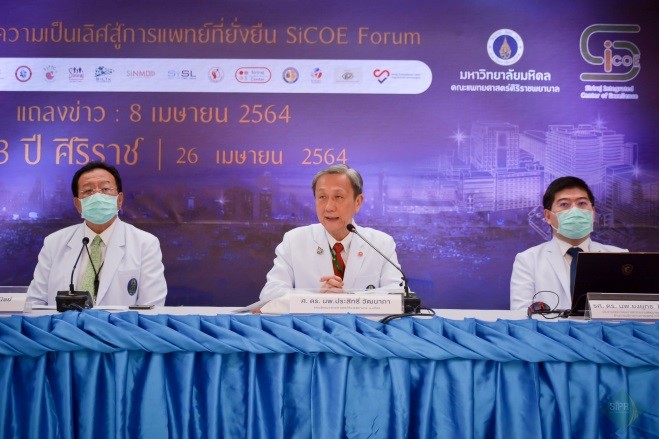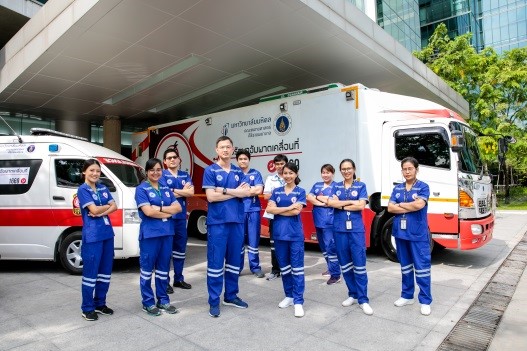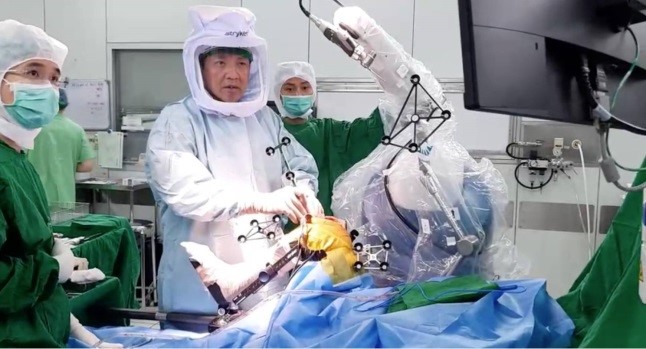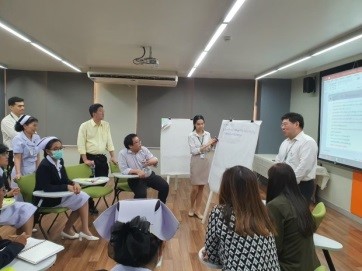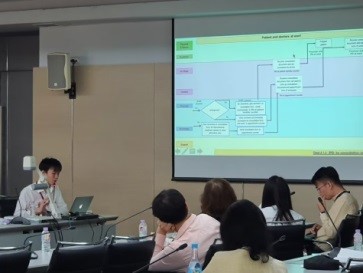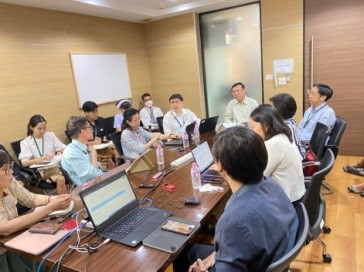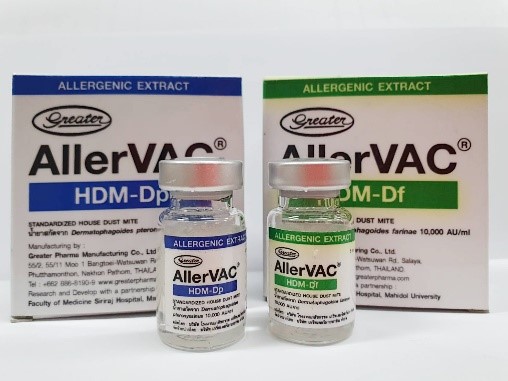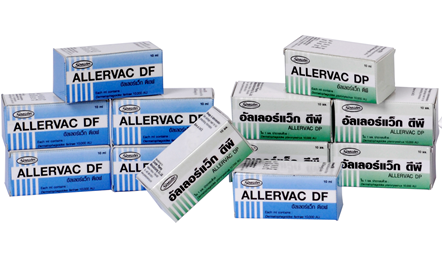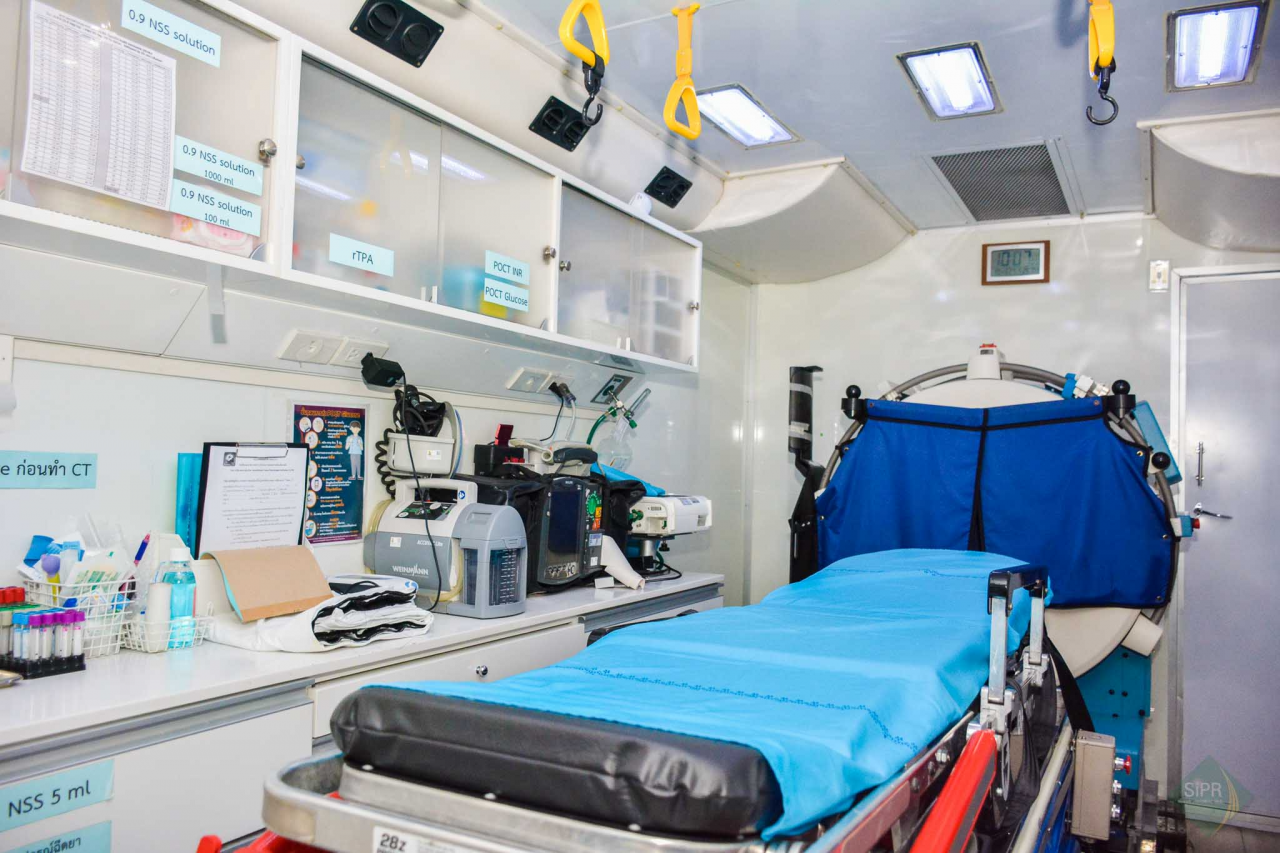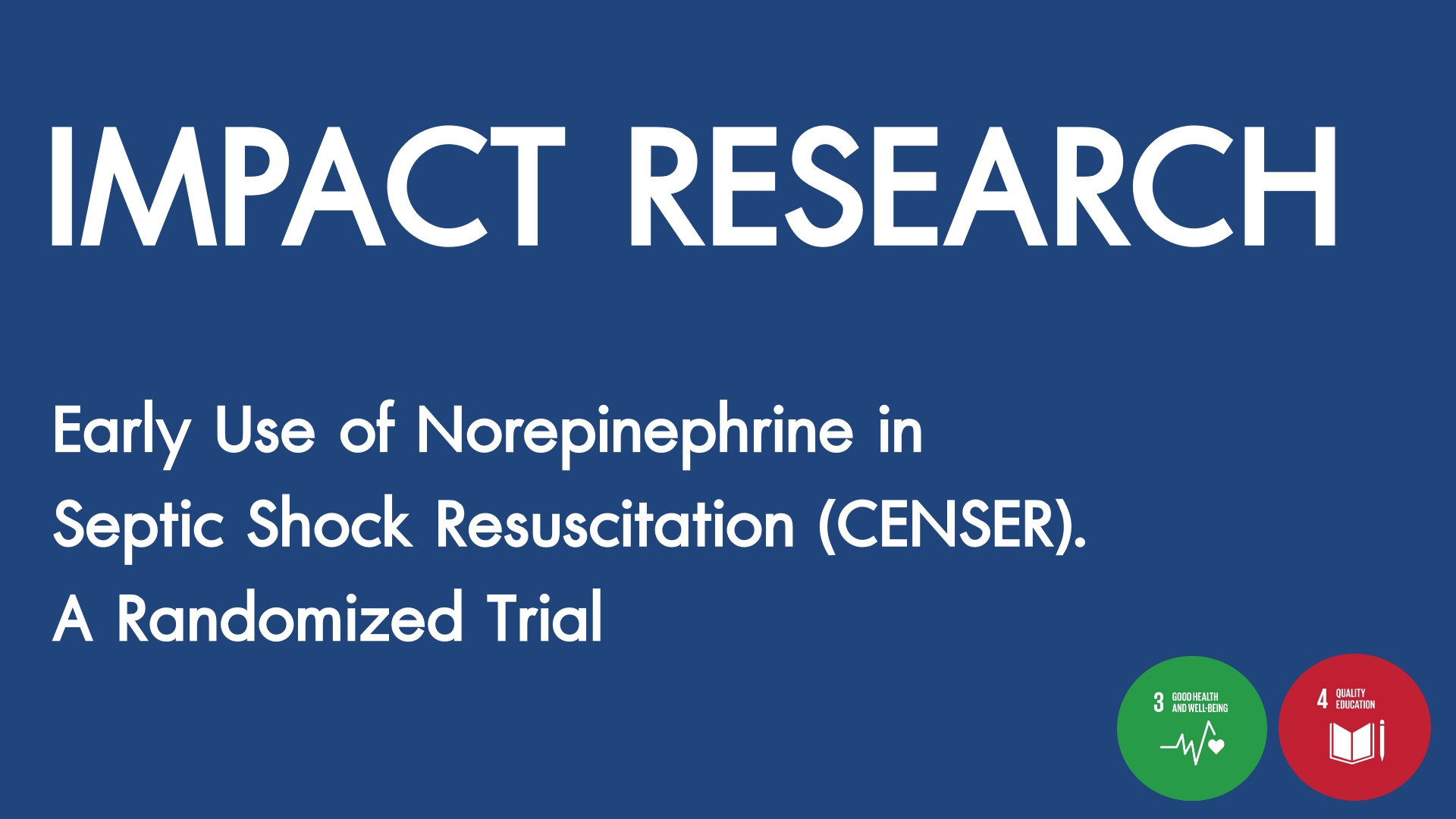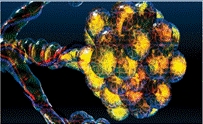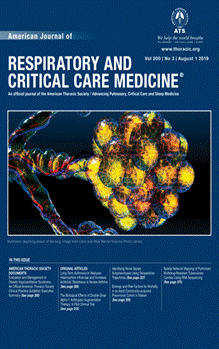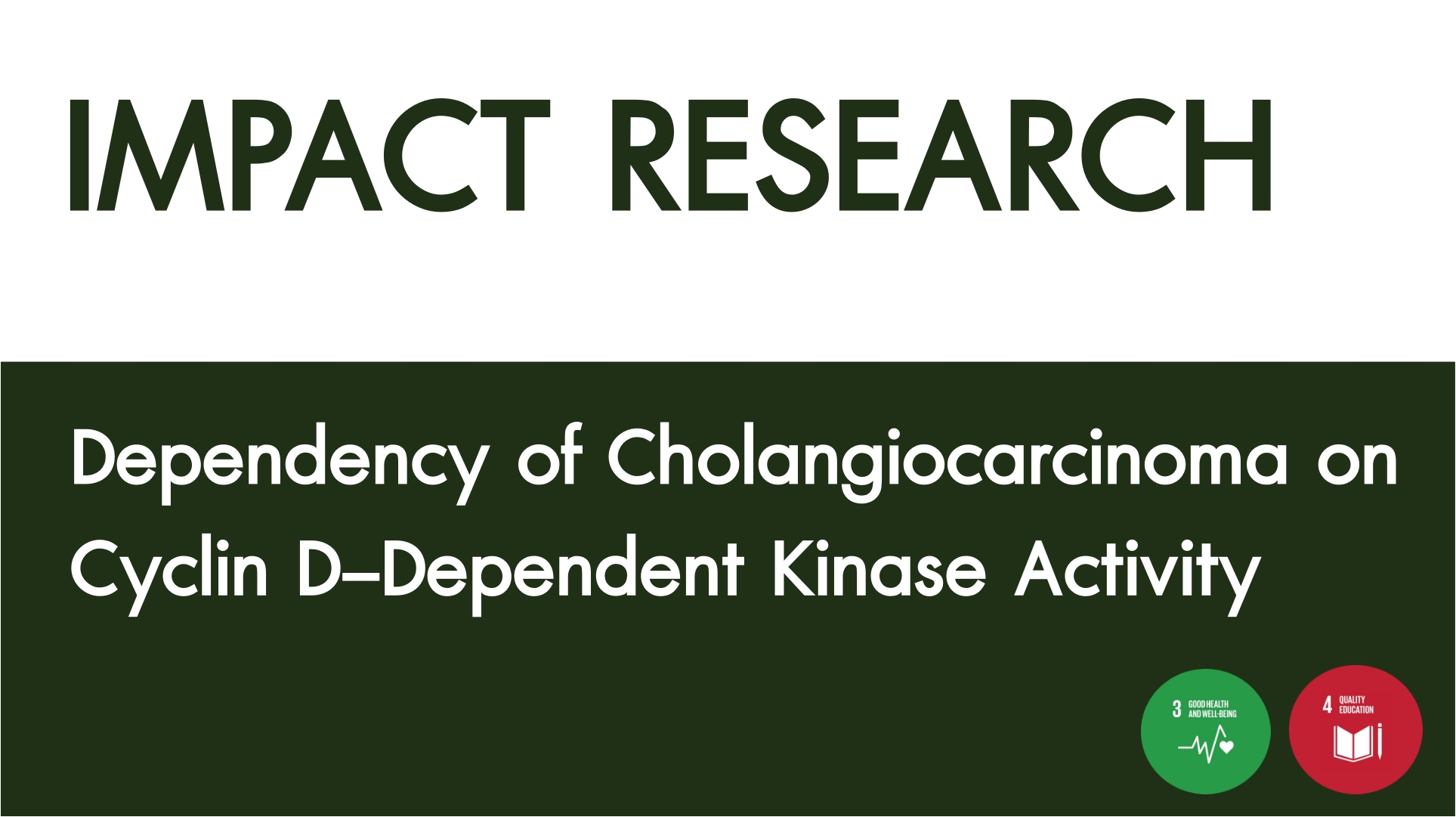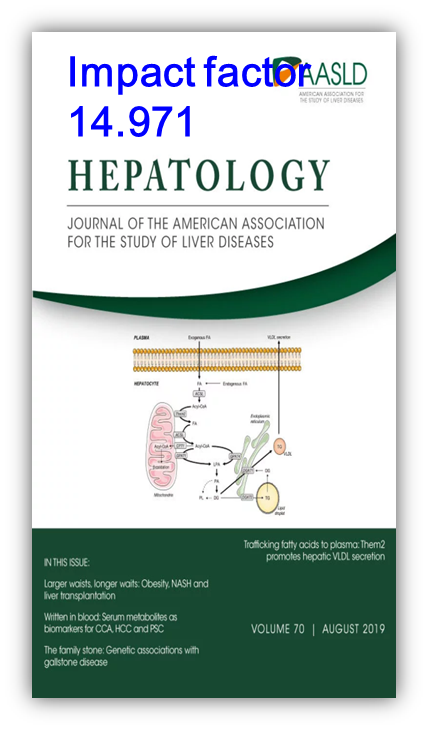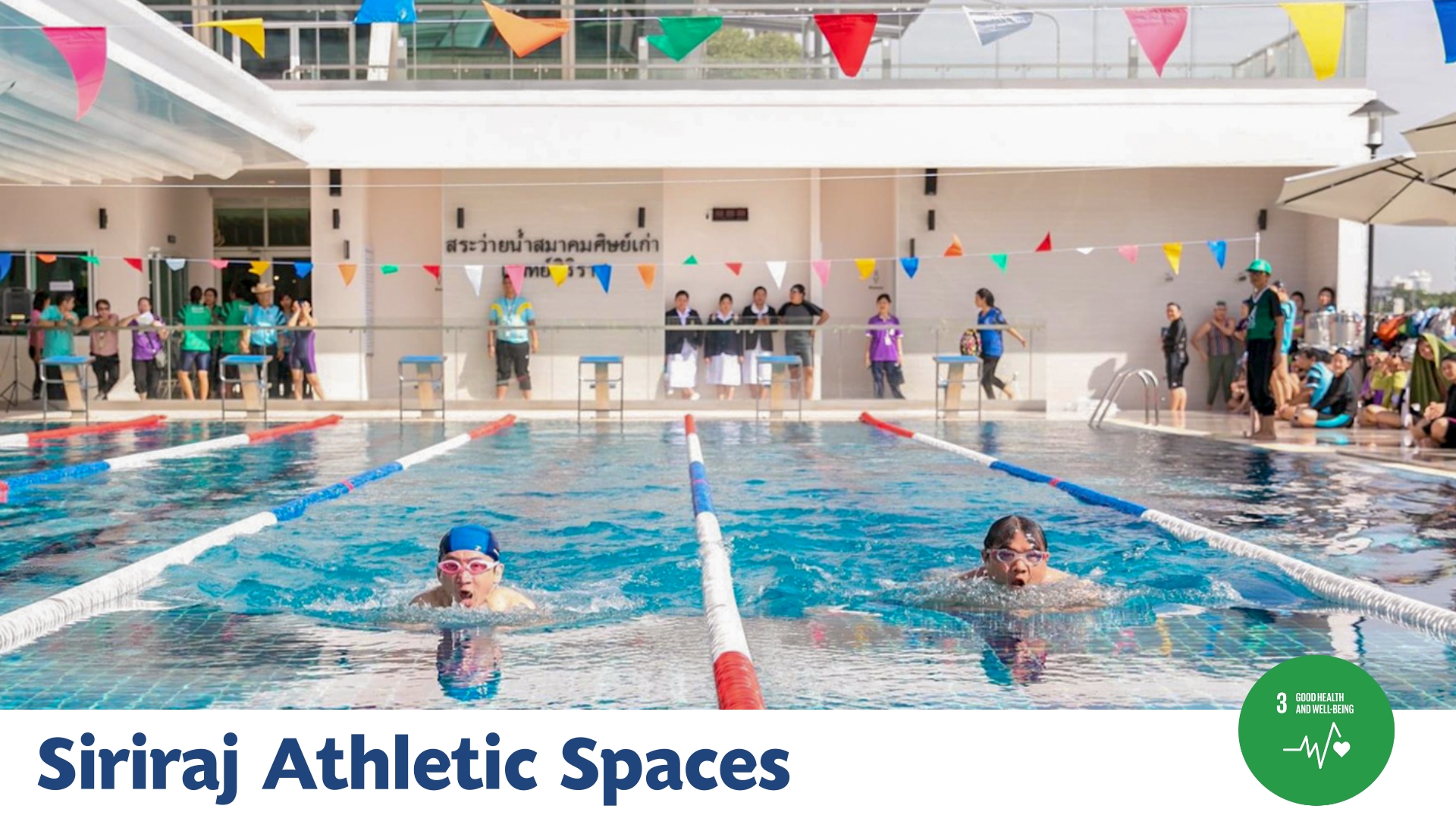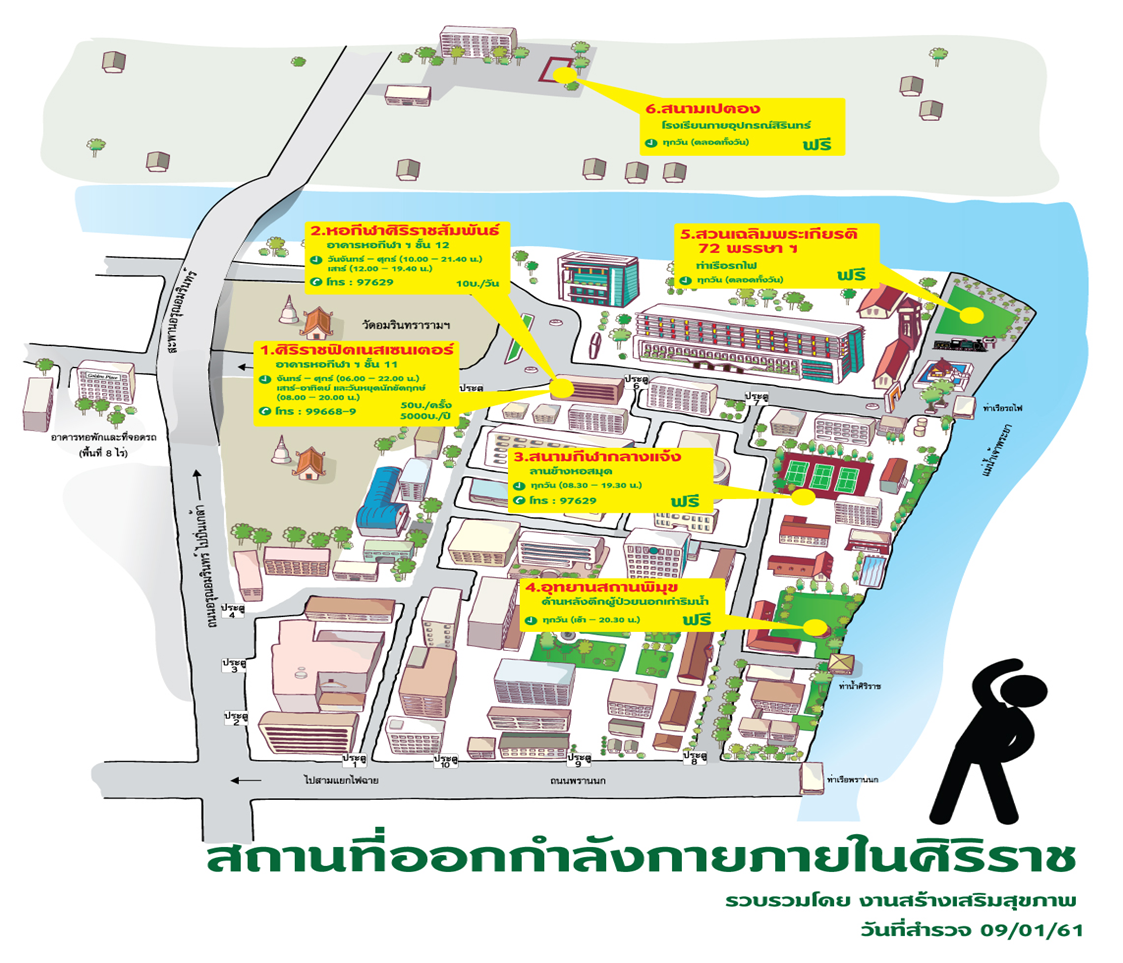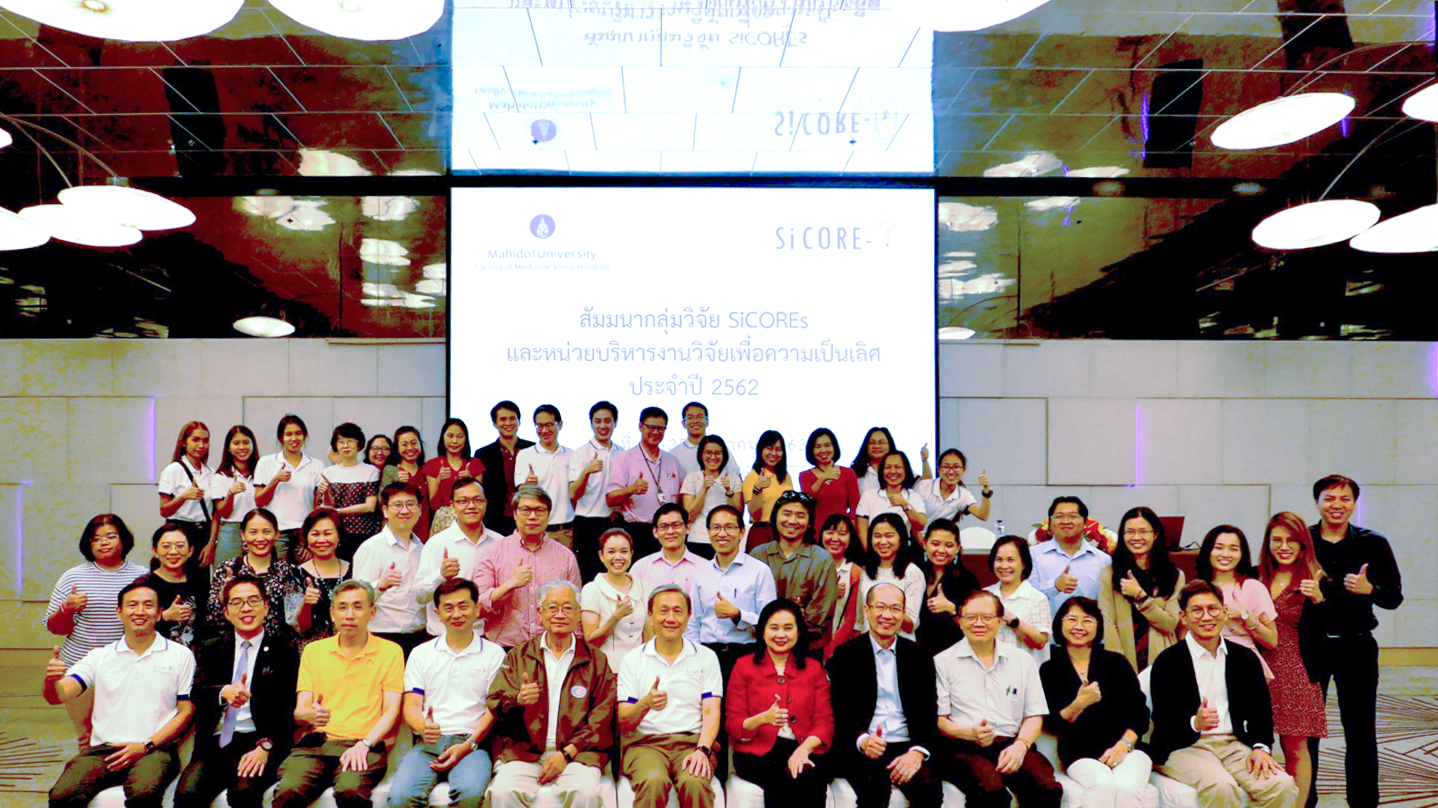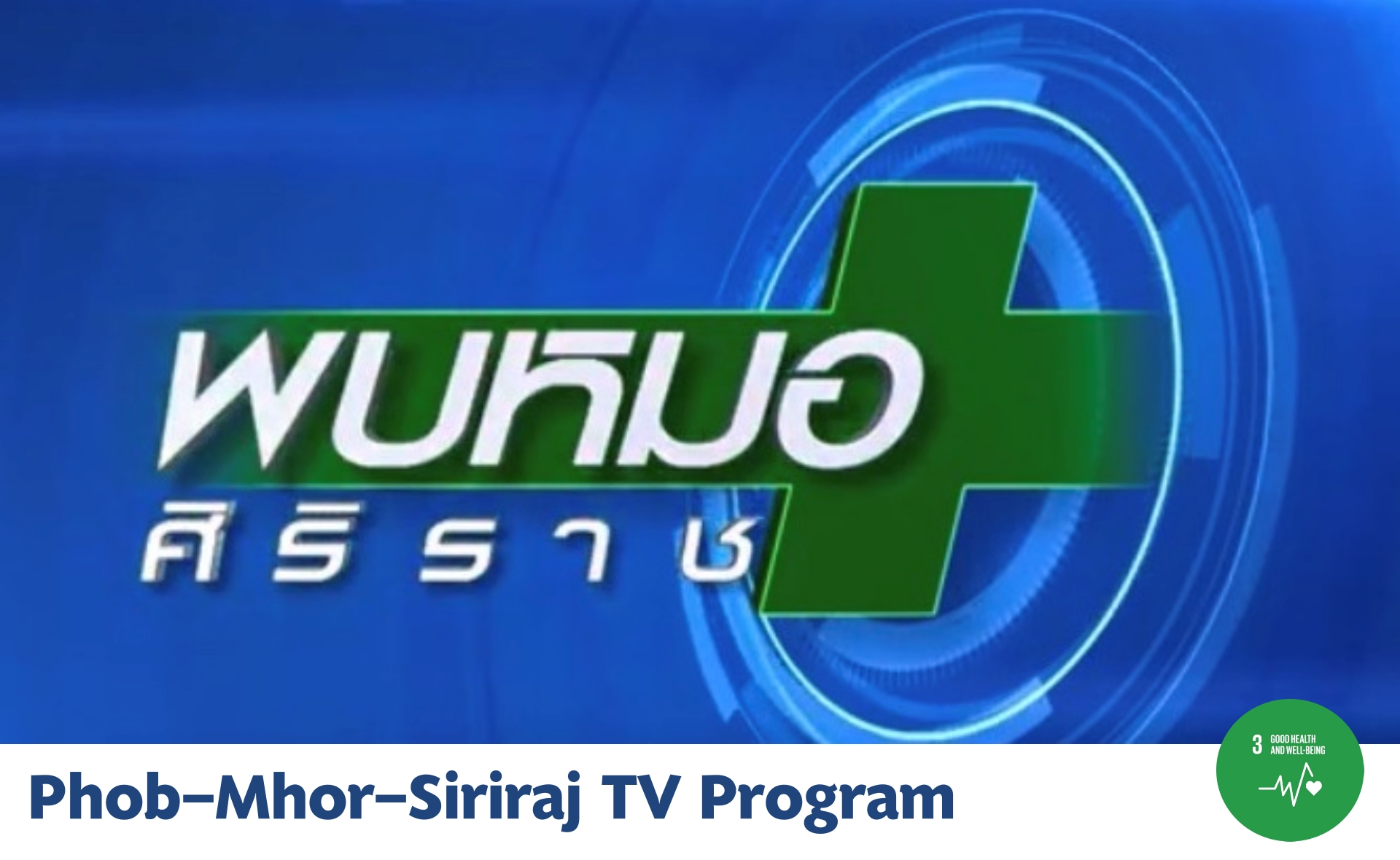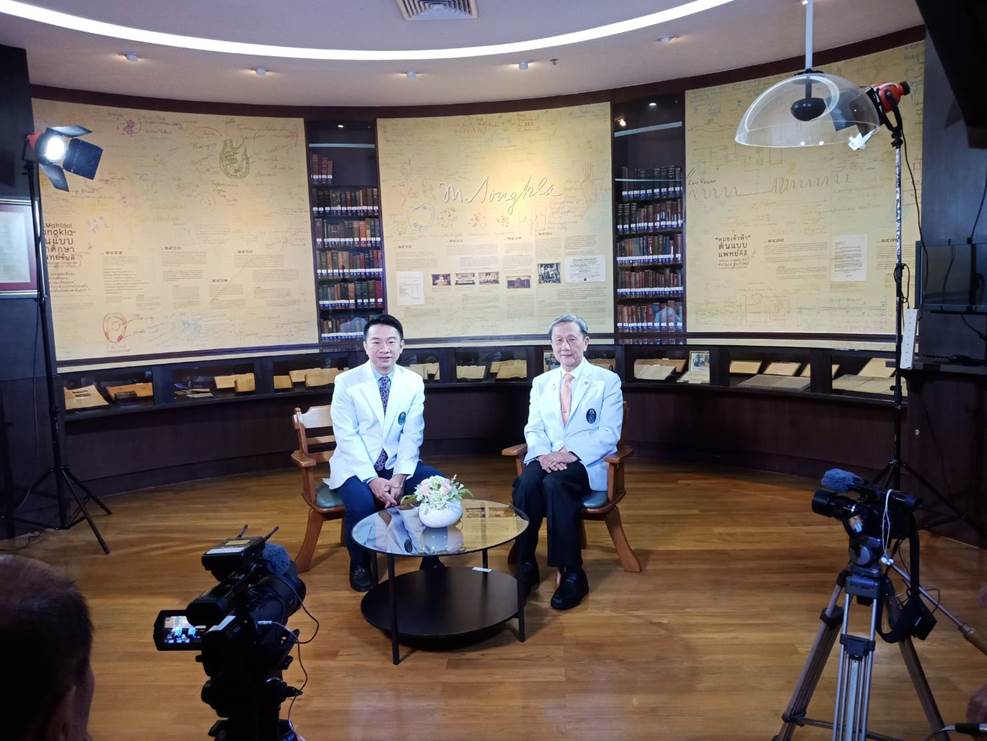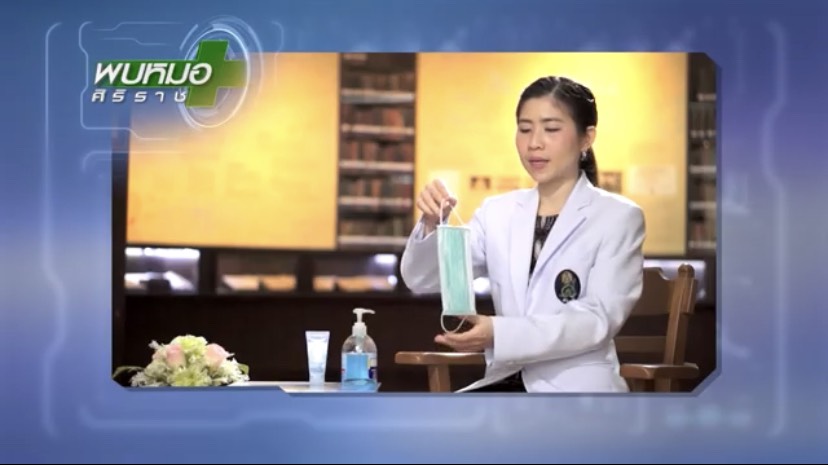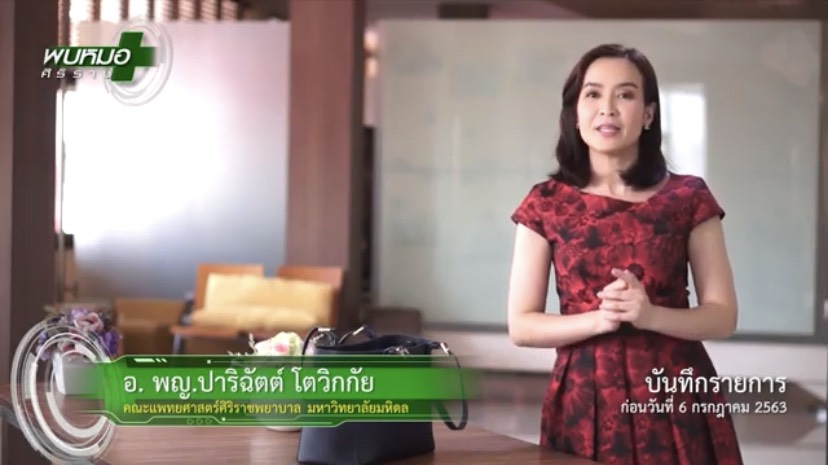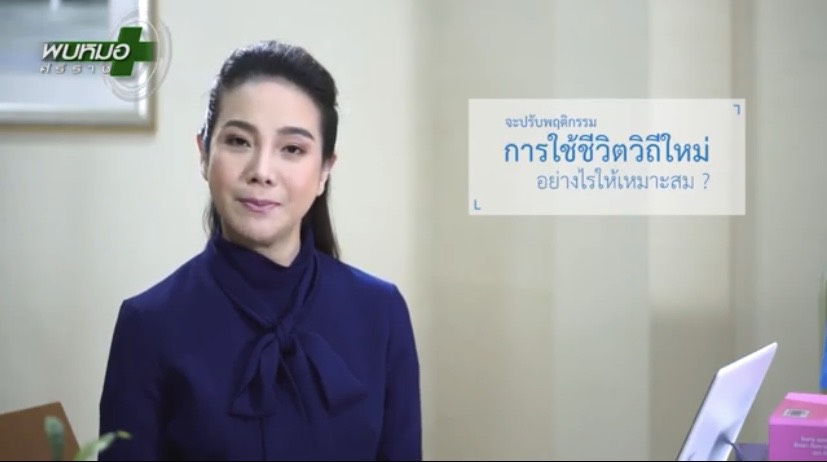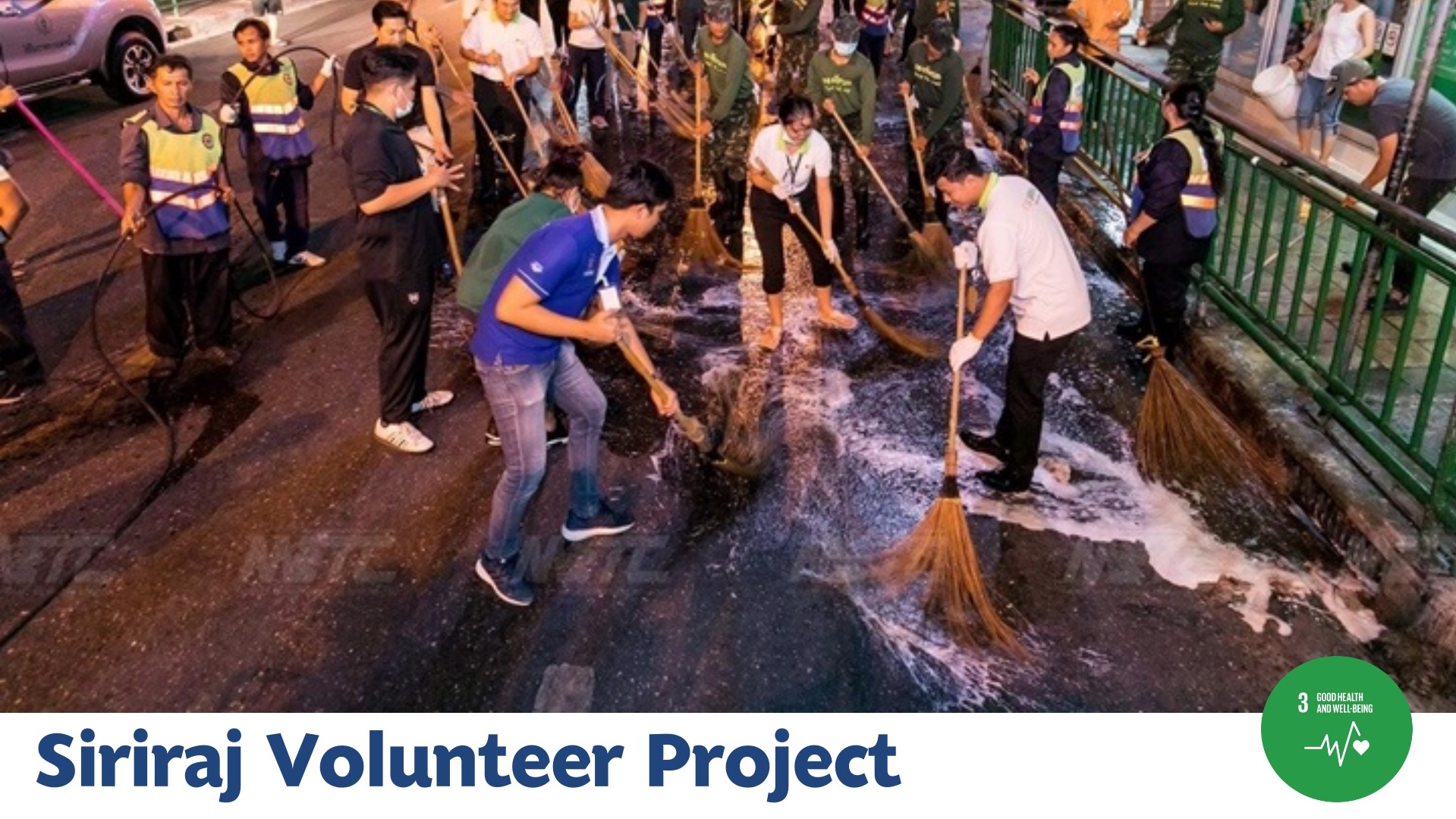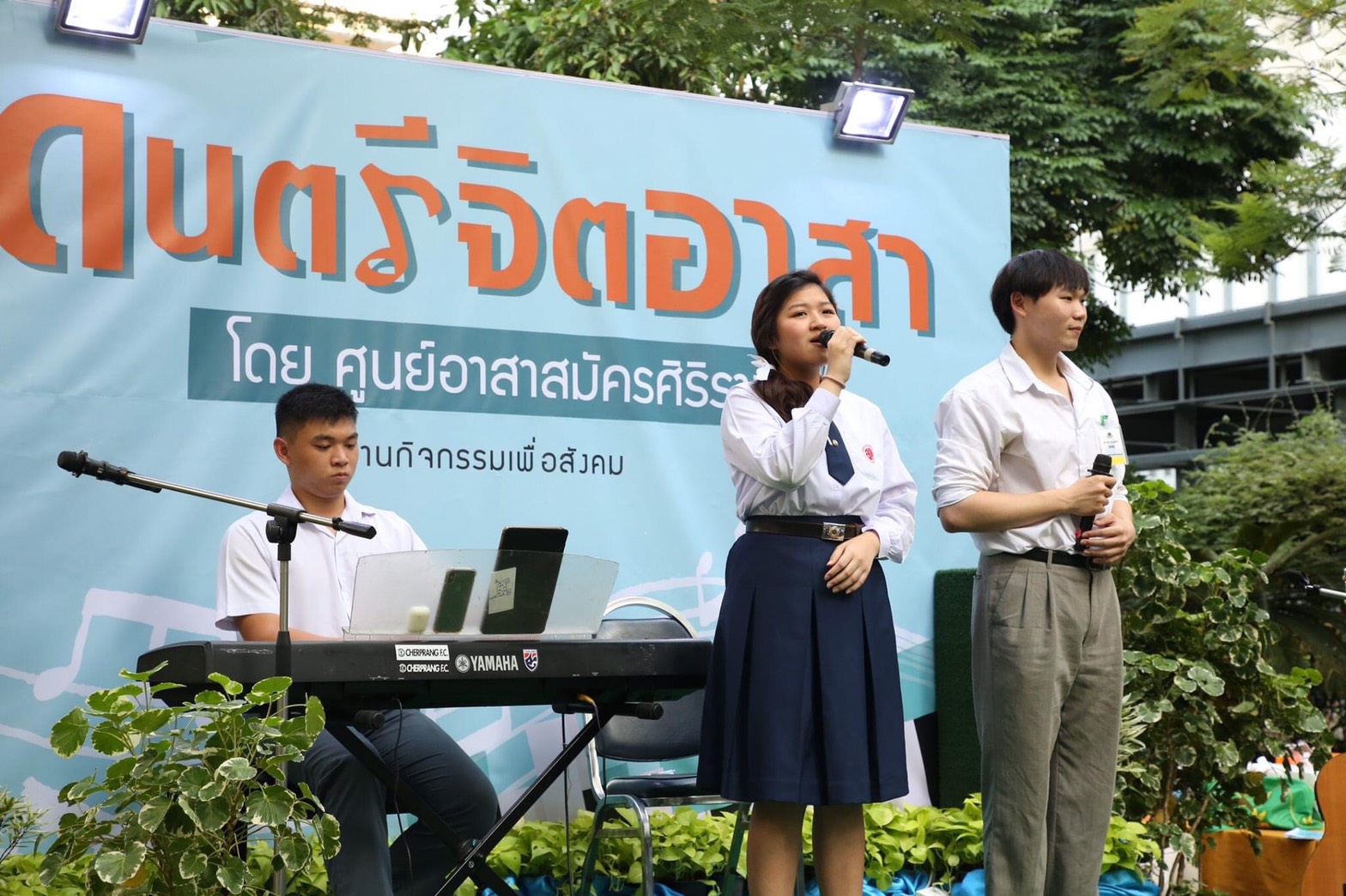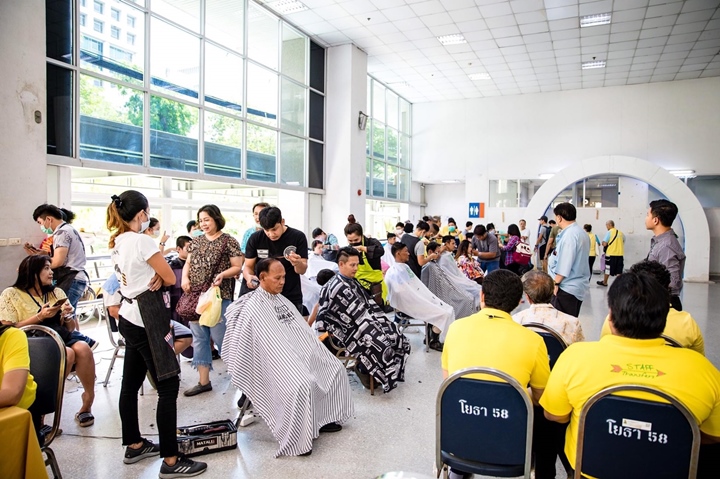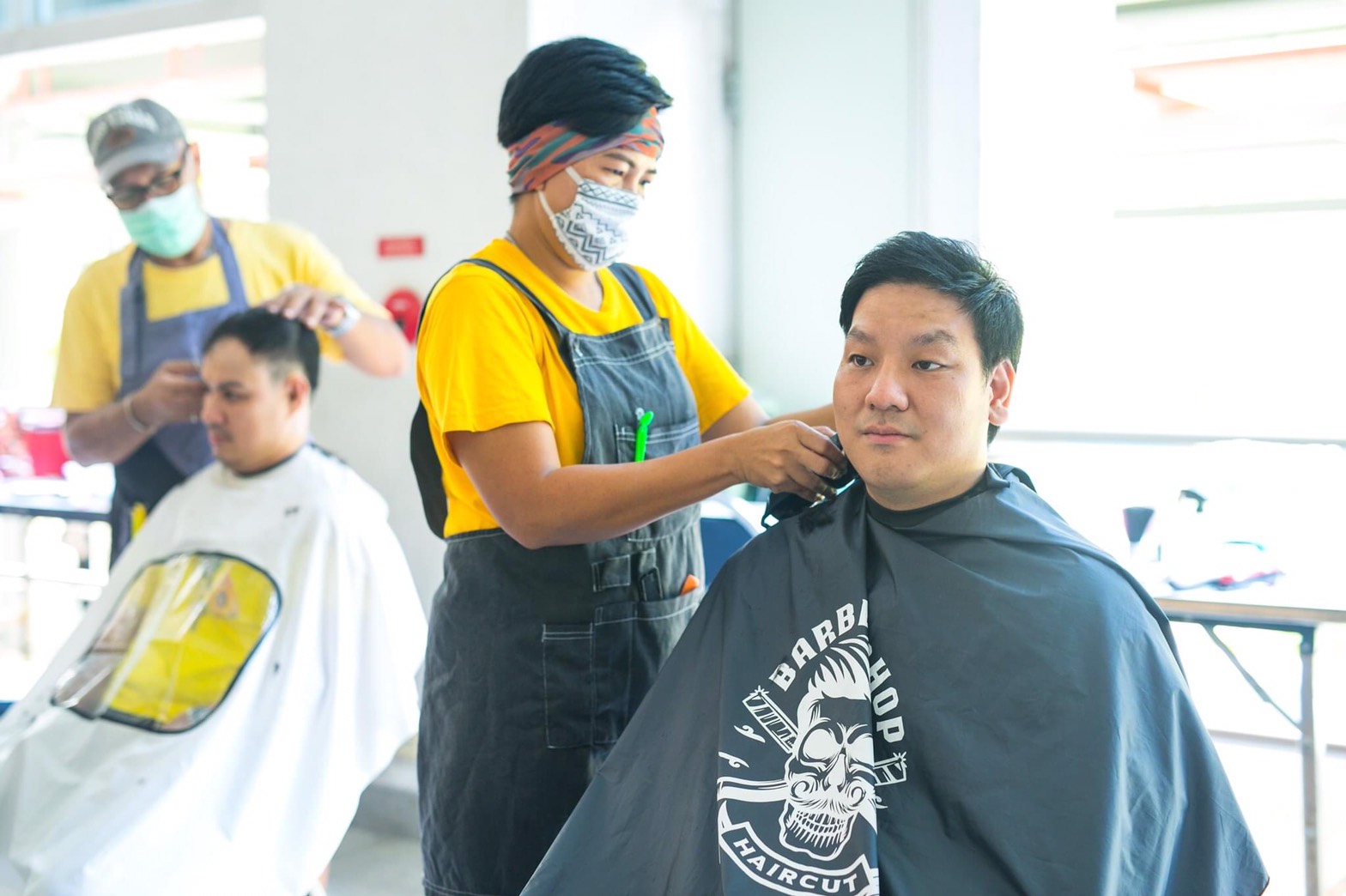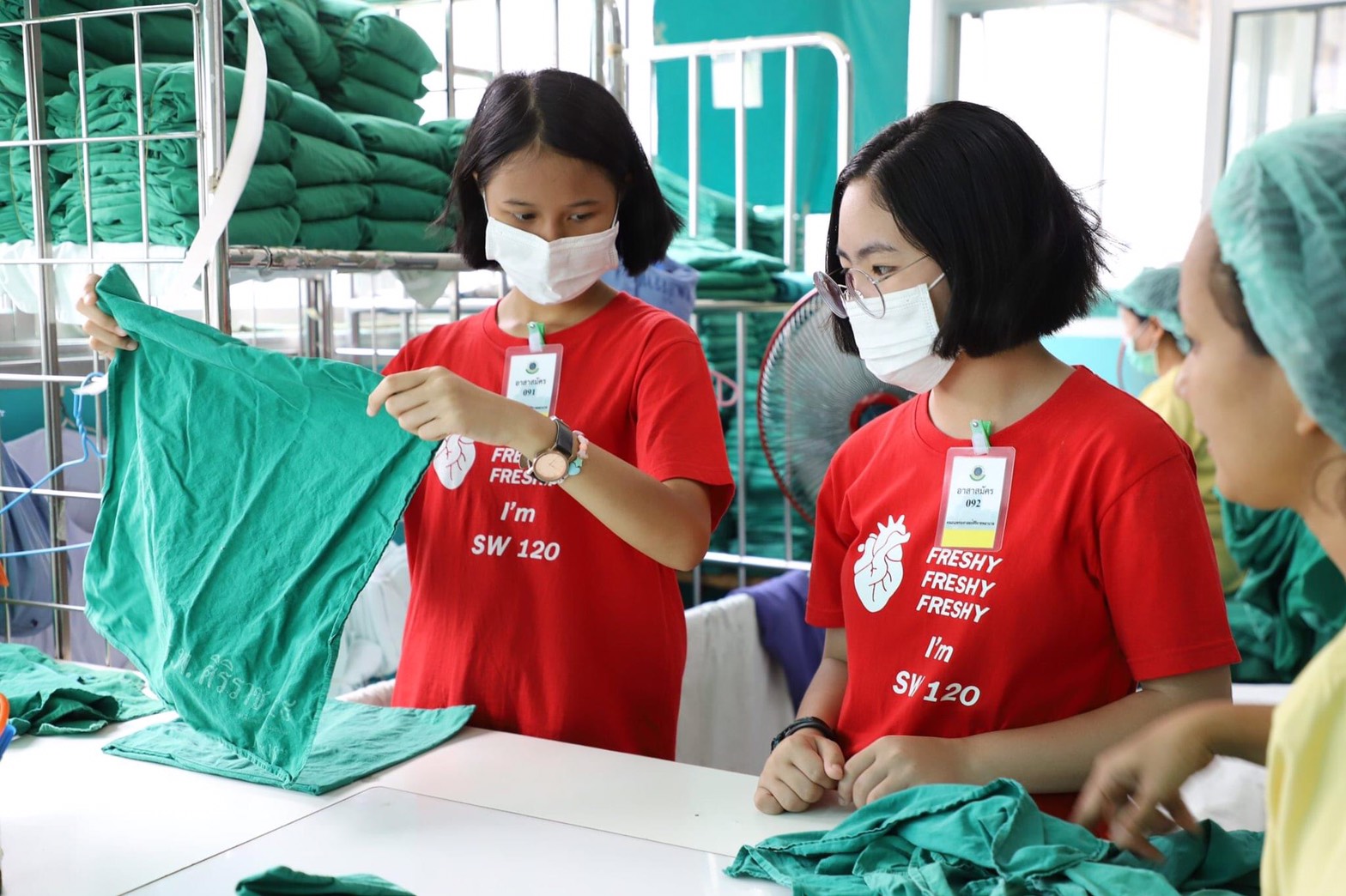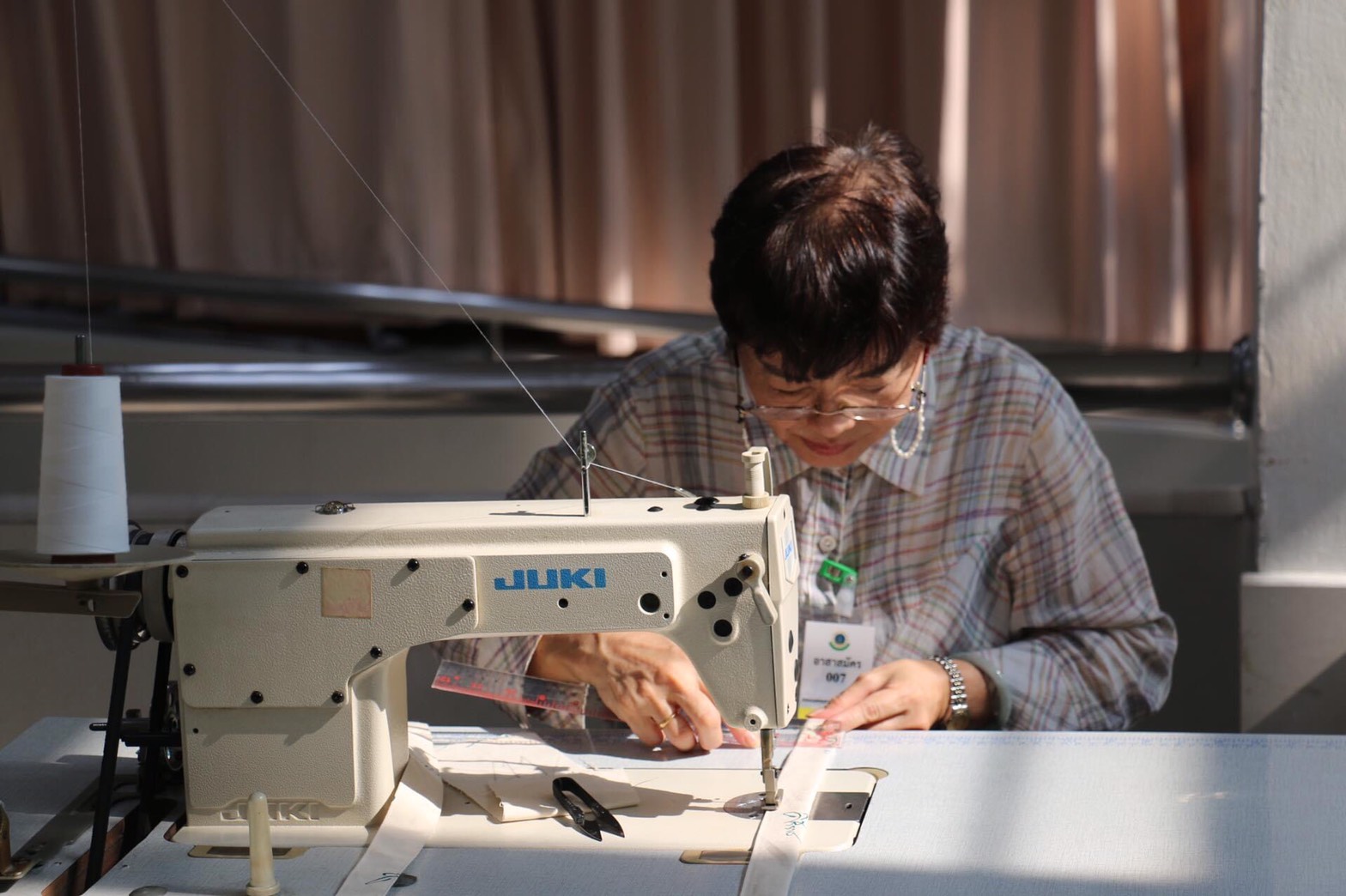Siriraj Integrated Center of Excellence (SiCOE) regarding Siriraj Hospital is the medical service hub for specific groups of patients in terms of diseases or procedures. Thanks to collaborations from diverse experts, SiCOE can deliver adequate treatments and satisfaction to service recipients. Proven evidence show treatments have been continuously improved to conform to service recipients’ benefit.
As collaborations from diverse departments and staff are essential for driving SiCOE forward, the Working Committee for Siriraj Integrated Center of Excellence (SiCOE) had been therefore entitled on February 15th, 2018 by the Faculty of Medicine Siriraj Hospital Announcement No. 590/2561. On December 15th, 2020, the Faculty Committee Resolution No. 23/2563 approved establishing Siriraj Integrated Center of Excellence Sustainable Excellence, Together (SiCOE-SET) which acted as a supporting team and enhanced Siriraj Hospital’s Center of Excellence (COE) to be upgraded to Siriraj Integrated Center of Excellence (SiCOE).
Each Center of Excellence is compared as various kinds of vigorous plants. Faculty of Medicine Siriraj Hospital, Mahidol University has altogether 15 Centers of Excellence (COE) consist of the following list:
- 1. Siriraj Diabetes Center of Excellence: SiDM
- 2. Siriraj Emergency Medical Services: SiEMS
- 3. Siriraj Fetal Therapy Center: SiFTC
- 4. Siriraj Hip and Knee Joint Replacement Excellent Center: Si ELITE
- 5. Siriraj Excellence Center for Inherited Metabolic Diseases and Newborn Screening: SiIMD & NBS
- 6. Siriraj Center of Interventional Radiology: SiCIR
- 7. Siriraj Liver Transplant Center: SiLTx
- 8. Siriraj Center of Neuromuscular Disease: SiNMD
- 9. Siriraj Skin Laser Center: SiSL
- 10. Siriraj Stroke Center: SiStroke
- 11. Siriraj Thalassemia Center: SiTH
- 12. Siriraj Transcatheter Heart Intervention and Surgery: SiTHIS
- 13. Siriraj Urticaria and Angioedema Center: SiUAC
- 14. Siriraj Vascular Center: SiVasC
- 15. Siriraj Vision Rehabilitation Center & Holistic Care: SiVRC
SiCOE will affect directly in different three ways as follows:
- Patients will obtain excellent and accessible services through all health care coverages.
- Thai society will obtain accurate and reliable medical knowledge.
- There will be various and distinctive bodies of knowledge from other national and international centers of excellence in aspects of services, research and development, and academic excellence.
The four essential principles to support and drive SiCOE-SET team are as below.
- Creating means to develop SiCOE into an excellence center by applying Malcolm Baldrige Management Framework for each center including strategy, customer focus, and means to develop.
- Sustainability means to support excellence centers creation in sustainable approaches which accord to systematic work process. The executives also need to have long-term plans and successors for sustainable service and adaptable to changes in Thai and world societies.
- Excellence means integrated three missions of the Faculty of Medicine Siriraj Hospital including medical services, academic education, and research and innovation. These integrations will support each other and lead SiCOE to be both a distinguishing centers of excellence and prototype in national and international circles.
- Together means working coordinatively among centers of excellence and SiCOE-SET team. The SiCOE-SET team will support many work aspects like strategic development, workshops arrangement, coordination with other related departments.
SiCOE-SET Team members comply with “Creating Sustainable Excellence, Together” as their core value. For the recent 2-3 years, we have been working with 15 centers of excellence in many activities as following examples:
- Workshop SWOT analysis for analyzing mutual strength, weaknesses, opportunities and threatens among centers of excellence in order to initiate brainstorming for the first step of further development.
- Workshop strategic planning in a big group and small group activities for analyzing and strategy making. It is aimed to be manuals in order to achieve visions which can be updated every 3-5 years.
- Workshop service blueprint for brainstorming with staff from various departments to have a lean process.
- SiCOE-SET Weekly meeting for activities and progress updates of each center.
- Other activities are based on each center’s contexts and factors.
In the future, we intend to encourage drives excellent centers of all specialties in Siriraj Hospital to achieve patients’ utmost benefit. This will also comply with No. 3 of UN-SDG Good Health and Well-Being
